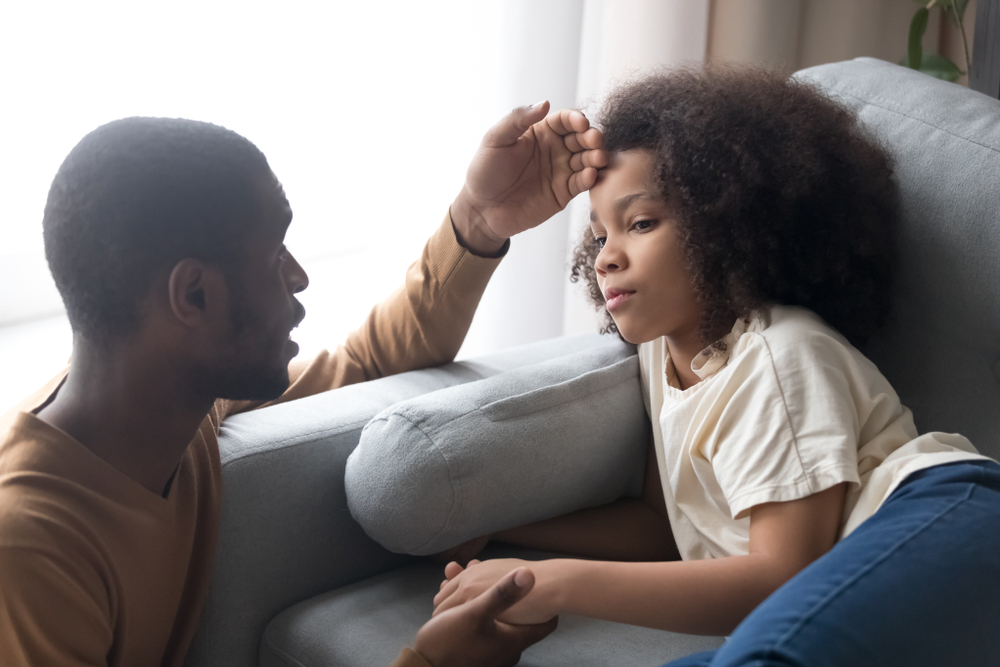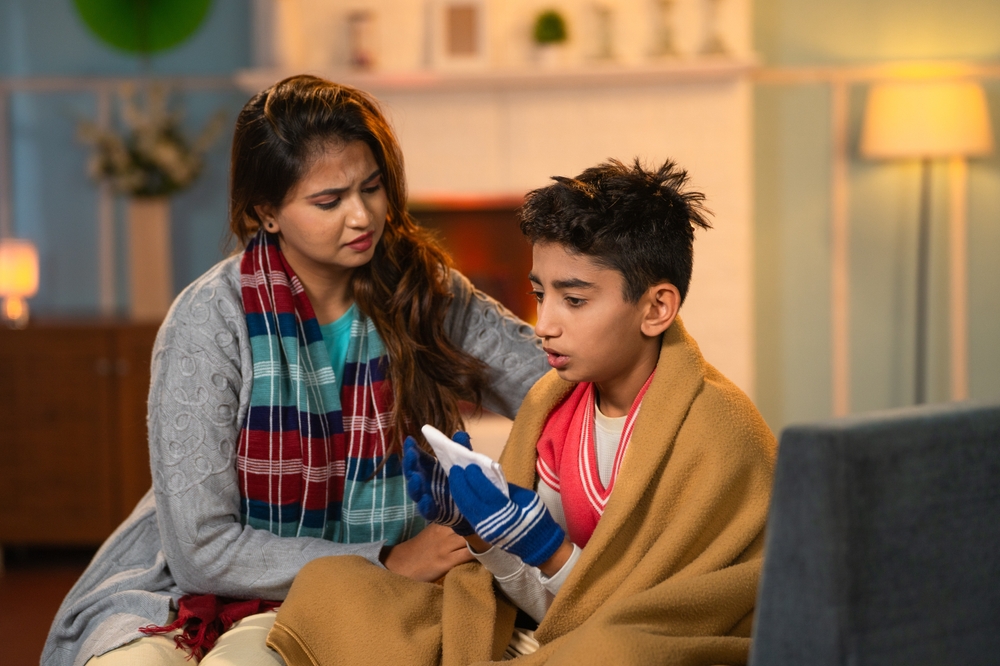By: Natalia Darling, PA-C
Recently, the American Academy of Pediatrics published a new statement regarding the use of media such as phones, iPads, computers, video games and television in children less than 5 years old. It seems like every day a new device or app is introduced into the marketplace, and often these devices are in some way marketed towards children. Here is a summary of the most recent guidelines regarding your baby and his or her use of media and technology.
Birth to 24 Months
The time between birth and 2 years of age is a very formative time in a child’s life in terms of development physically, emotionally, and socially. Studies have shown that because of the way that young children learn and develop, they learn much more effectively from interactions with caregivers and hands on exploration of their world than they do from any app, game, or video that is on the market. The American Academy of Pediatrics recommend the avoidance of digital media use in all children less than 18 months excluding video –chatting. Although these are the new recommendations, there are thousands of apps that are marketed directly towards children 2 years and younger. If you do opt to use any of the “learning tools” or apps marketed to kids less than 2 years, the best way to do so is watching with your baby and guiding them and re-teaching them the content they are presented with, which is not well understood by any child younger than 18 months. Programming and apps should only come from high quality and tested sources such as Common Sense Media, PBS Kids and Sesame Workshop. Adult interaction during media use is critical during this age- letting children less than 2 use media by themselves should be avoided. If media is used between the ages of 18-24 months, caregivers should watch with their child and guide use so as to help promote enhanced learning.
2 Years to 5 Years
For children 2-5 years, the American Academy of Pediatrics recommend that all media and screen time be limited to one hour a day or less. If your child is viewing or using technology, a parent or caregiver should be participating and co-viewing with their child to help children understand what they are seeing and to help them apply what they are seeing and learning to the world around them. It is important to remember that the skills needed for success in school including impulse control, task persistence, regulation of emotions and flexible thinking are best learned by a child through unstructured and social play and interaction between their caregivers. Avoid programs/apps that don’t come from trusted sources, fast paced programs, apps with distracting content, and any violent content. It is recommended that parents refrain and try to avoid using a media viewing as a method to sooth or calm a child (i.e. to solve a temper tantrum, fight between siblings), because studies have shown that this leads to an inability for children to regulate and manage their own emotions (exceptions include during long trips or during medical procedures). Mealtimes, bedrooms and playtime between parent and child should be kept screen free, and screens should not be used within one hour before bedtime. In addition, families should turn off televisions and other media screens when not in use and try to avoid having them in the background.






